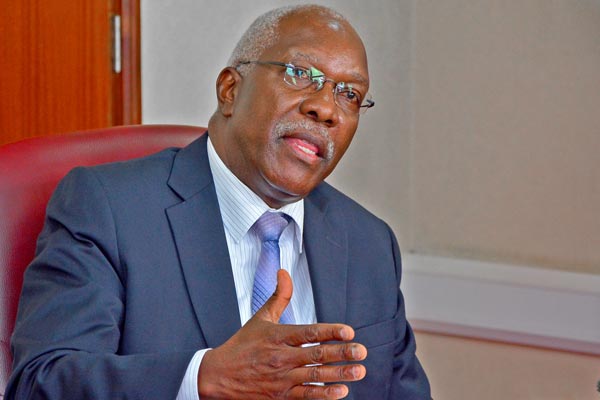Prime
Govt paying Shs87.7b for unused electricity

During the 2020/21 financial year, government paid Shs87.7b for unused power afater it failed to evacuate it from independent power producers. PHOTO | FILE
What you need to know:
- Unused power also known as deemed energy is electricity that is available for dispatch but due to non-existent or weak grid infrastructure and or insufficient demand, is not evacuated to consumers.
Government at least pays Shs87b on average for unused electricity annually, according to the Auditor General.
During the period ended June 2021, according to the Auditor General, government paid Shs87.7b for failure to dispatch or evacuate electricity generated by independent power producers (IPP) for the 2020/21 financial year.
Unused power also known as deemed energy is electricity that is available for dispatch by an independent power producer, but due to non-existent or a weak grid infrastructure and or insufficient demand, the power is not evacuated.
Therefore, under certain conditions in their concessions such electricity is billed and is payable by government.
In his report, Auditor General John Muwanga, demonstrated concern over the continued payment of significant amounts of money by Uganda Electricity Transmission Company Limited relating to deemed energy, noting that the market risk is effectively transferred from investors to government.
Payment for deemed energy is mostly negotiated in power purchase agreements and other implementation agreements that are signed between independent power producers and government.
In such cases government, under Uganda Electricity Transmission Company Limited commits to construct power evacuation infrastructure to evacuate power from generation facilities for dispatch to the distribution network. However, if such facilities are not constructed independent power producers will charge it as supplied power.
According to a study conducted by Cities for Infrastructure Growth, Uganda is projected to have more than 1,000 megawatts of excess electricity by 2025 due to low growth in demand against a massive increase in production.
This, the study noted, will put significant financial pressure on government, noting there was need to create avenues for additional electricity demand.
Currently, Uganda has a total generation installed capacity of 1,246.4 megawatts against peak demand, which is estimated at about 650 megawatts.
During the period, according to the Auditor General, at least Uganda Electricity Transmission Company Limited paid 13 electricity producers for unused power financed “through the electricity tariff system”, which he said: “Negatively impacts power prices to the final consumer”.
The Auditor General also noted that Uganda Electricity Distribution Company Limited had during the period incurred Shs15.20b as losses for power due to lack of evacuation infrastructure and leakages.
During the period, the Auditor General noted, Uganda Electricity Distribution Company Limited had failed to put up sufficient infrastructure to evacuate power from PA Technical, Siti 1 and Arpe Power Plants.
“These are significant losses for which the company did not generate economic value. Payment of this amount would significantly affect the company’s cash flows,” Mr Muwanga noted, advising that it was important that infrastructural constraints are addressed.




